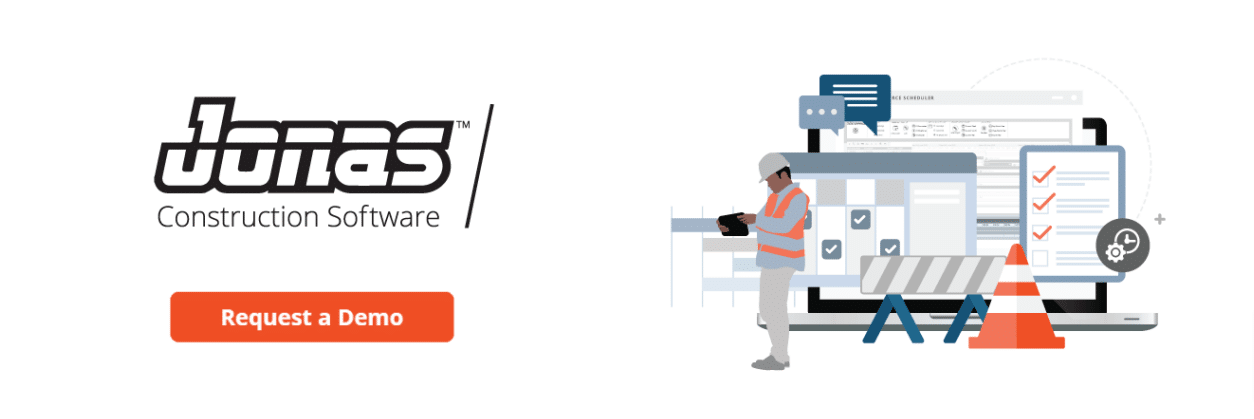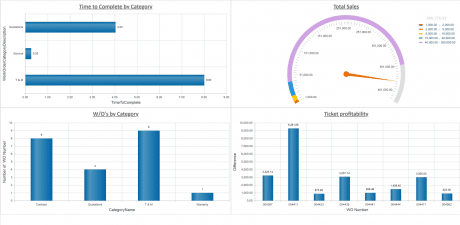Last Updated on July 4, 2024
Sep 18, 2015
There is much debate regarding whether implementing a BYOD policy is the best course of action for any construction company. What ‘bring your own device’ specifically refers to, is allowing your field technicians to use their own smartphones, tablets, and laptops to complete their work, instead of company issued hardware. According to a recent Gartner study, the number of businesses implementing some form of a BYOD policy will reach approximately 50% by 2017. That is a fairly significant number, but with the advantages of implementing a BYOD policy, there are also some disadvantages as well. Let’s take a look at the benefits and risks of implementing a BYOD policy.
Benefits
Employee Satisfaction: Your field technicians will be able to use hardware they are already familiar with, which improves their satisfaction and maintains productivity.
Reduce Costs for Your Business: Purchasing smartphones and tablets for your mobile field technicians can be extremely costly, not to mention other costs such as maintenance and service fees. By allowing your technicians to utilize and pay for their own devices, your business can avoid these initial costs, as well as any maintenance and service costs.
High Adoption Rates: Field technicians are more likely to adopt software solutions as they would already own the necessary equipment needed. By having the devices already, your employees can continue to do their jobs as previously done and avoid a timely transition period.
Risks
Security: Due to the fact that smartphones are easy to forget and leave behind, data is susceptible to being compromised. This can be concerning as some technicians may not have passwords or other protective measures in place to avoid data breaches. This leads to the issue of standardized security measures, which can be tough to implement across various devices.
Data Loss: With employees owning their own devices, if for example, their smartphone or tablet breaks and cannot be repaired, there is a potential risk of data loss if the information was not backed up to the company’s servers. A mobile construction software solution, such as Jonas eMobile, should be in place which allows for automatic updates back to the server so no information is lost.
Cross Platform Issues: Different devices run on different software. Certain mobile applications or programs your company runs, may not be compatible with the Android operating system for example. This can create a big issue for your business, as field technicians may not be able to utilize in-field software to do their jobs effectively. Jonas’ mobile solution is completely cloud based and can work on any device regardless of the operating system.
The decision to implement a BYOD policy is still a relatively new trend, but the adoption rates are quickly increasing. Whether your company decides to implement this policy or not, understanding the benefits and potential risks is the first step to making the appropriate decision for your business.







